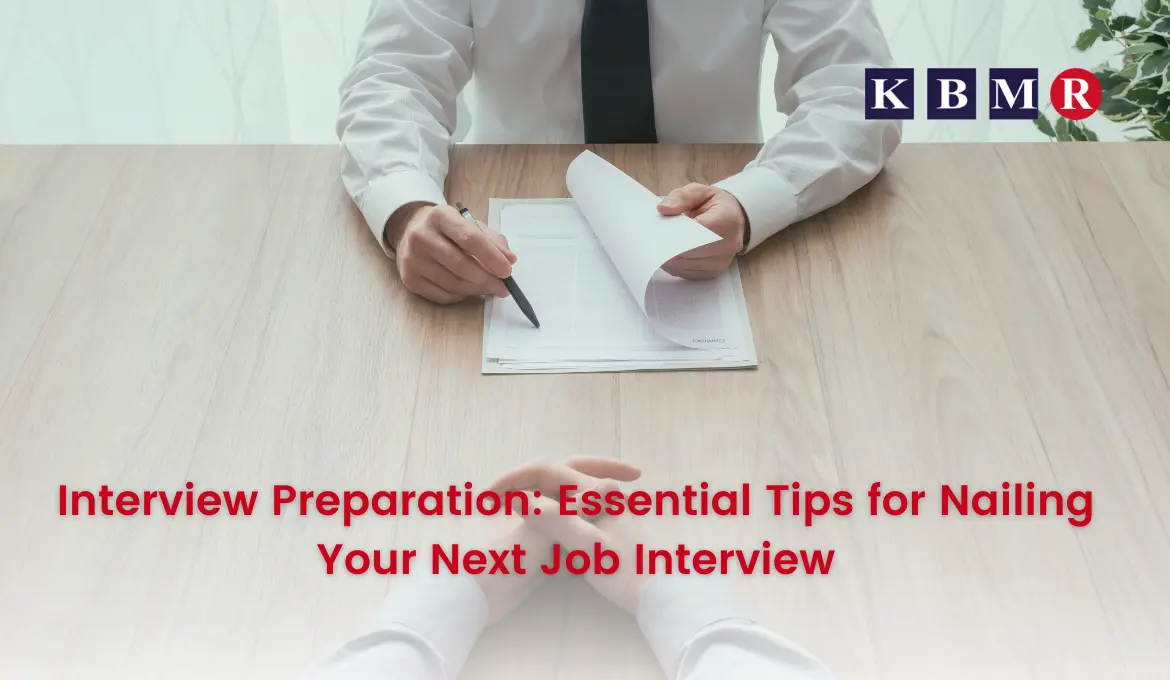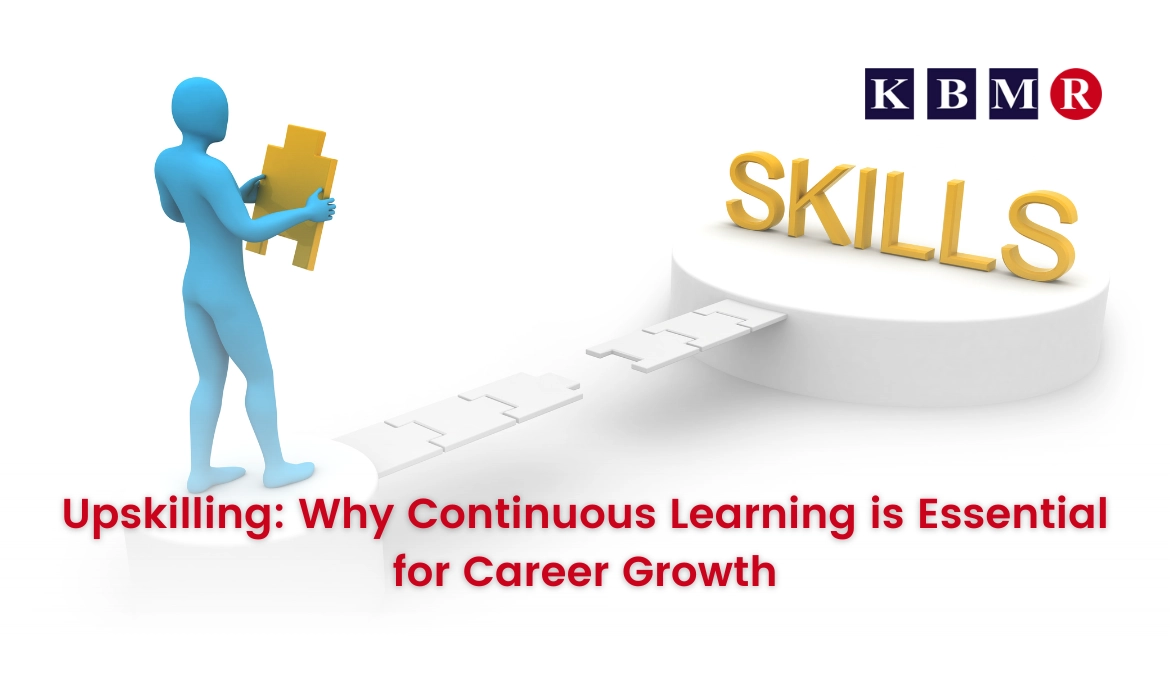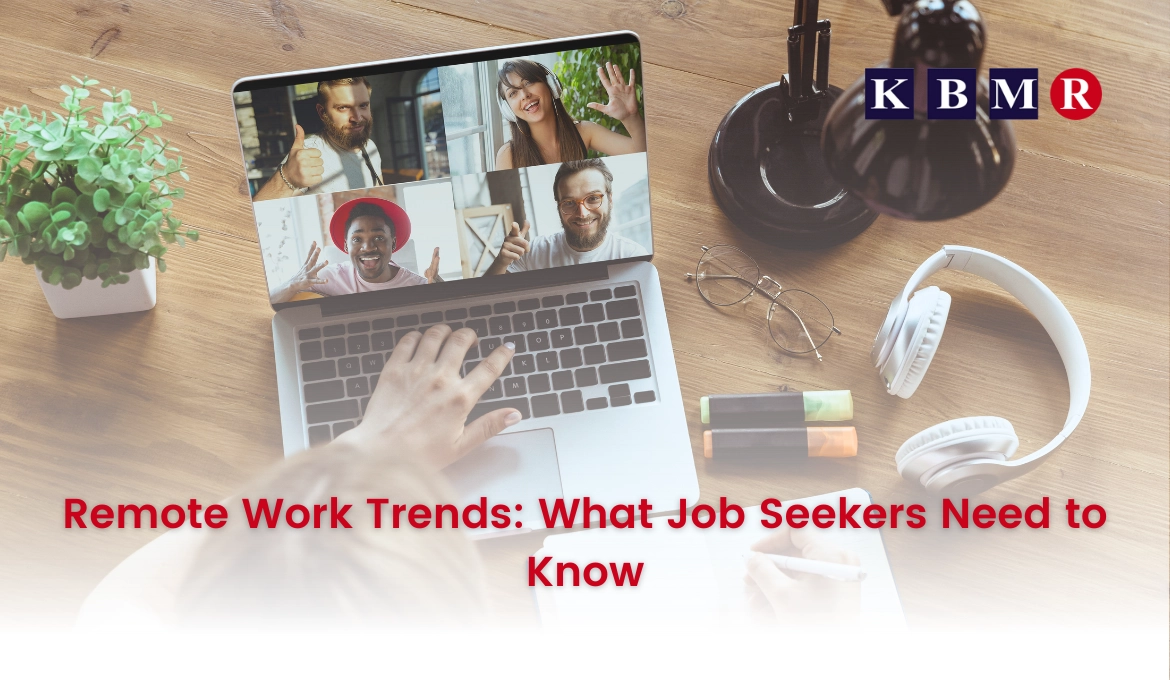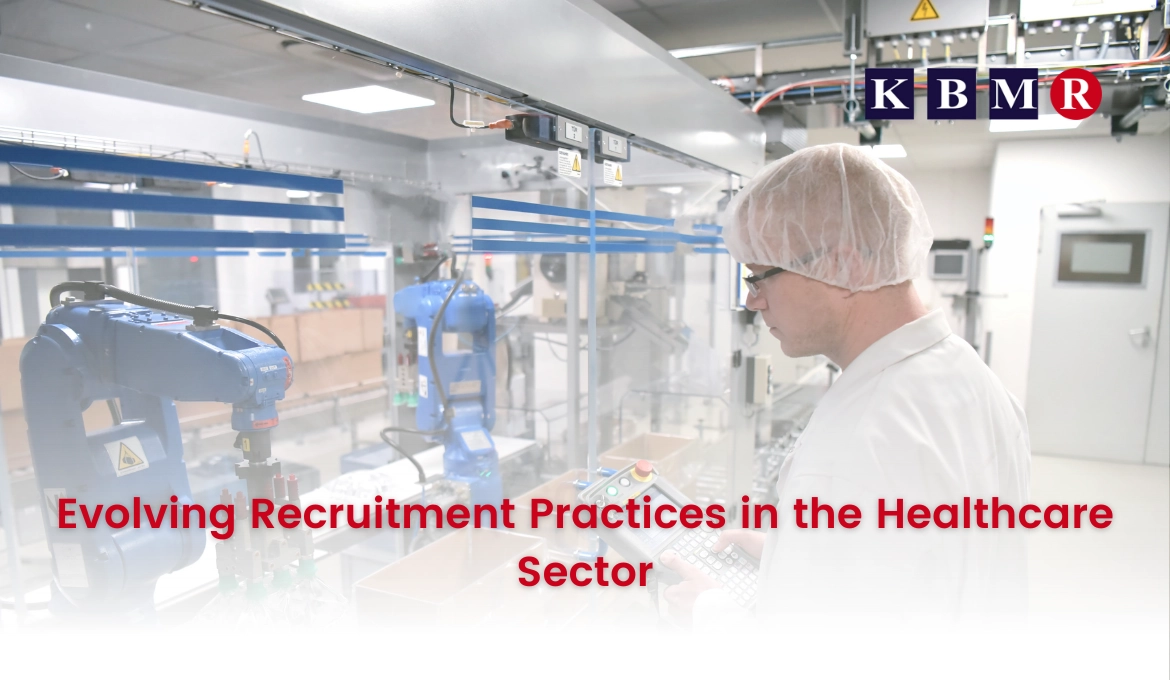In the competitive realm of job hunting, your performance during an interview can often be the deciding factor in securing your desired position. Preparation plays a crucial role; with the right strategies, you can confidently navigate the interview process.
Below are essential tips to help you excel in your following job interview.
Research the Company
Before entering the interview room, it's vital to have a comprehensive understanding of the company you're applying to. Take the time to research its mission, values, products or services, recent achievements, and company culture. This will showcase your genuine interest in the role and enable you to align your responses with the company's objectives.
Know Your CV Thoroughly
Demonstrating a deep understanding of your CV effectively highlights your qualifications:
-
Expect the interviewer to delve into your CV during the interview.
-
Be ready to discuss your knowledge, experiences, achievements, and skills in detail.
-
Practice articulating your career trajectory, emphasising significant achievements, and addressing employment transitions or gaps.
Practice Common Interview Questions
Although you can't predict every question, common inquiries frequently appear in interviews. It's beneficial to practice your responses to these questions, such as "Tell me about yourself," "Why are you interested in this position?" and "What are your strengths and weaknesses?"
You can organise your answers using the STAR method (Situation, Task, Action, Result) and offer specific examples from your past experiences.
Prepare Your Questions
An interview is not solely an evaluation of your suitability for the role but also an opportunity for you to assess the company and position. Prepare insightful points to discuss with the interviewer about the company culture, team dynamics, career advancement opportunities, and role expectations.
Engaging in meaningful dialogue demonstrates your enthusiasm and genuine interest in the position.
Dress Appropriately and Arrive Early
First impressions are crucial, so ensure you dress professionally for the interview, adhering to the company's dress code and culture. You must plan your journey to the interview site and aim to arrive punctually, allowing for any unforeseen delays.
Punctuality shows your reliability and respect for the interviewer's time.
Demonstrate Positive Body Language
Nonverbal communication speaks volumes during an interview. You must maintain eye contact with the interviewer, offer a firm handshake, and sit upright to convey confidence and professionalism.
Focusing on your posture, facial expressions, and gestures is important, as they contribute significantly to the impression you make on the interviewer.
Showcase Your Skills with Concrete Examples
When discussing your skills and qualifications, bolster your claims with specific examples from your past experiences. Whether it's a successful project you spearheaded, a challenge you overcame, or a problem you solved, provide detailed accounts to illustrate your capabilities and expertise.
Familiarise Yourself with the Job Description
Thoroughly review the job description to understand the role's key responsibilities and requirements. Be ready to discuss your skills and experience in alignment with the employer's needs.
Tailoring your responses to highlight your suitability for the position demonstrates your proactive approach and attention to detail.
Highlight Your Cultural Fit
Employers seek candidates with the requisite skills that align with the company culture. During the interview, emphasise your values, work ethic, and personality traits that resonate with the company's ethos. Demonstrating cultural fit enhances your appeal as a candidate.
Follow Up with Gratitude
After the interview, express your appreciation for the opportunity with a personalised thank-you email or note. Reiterate your interest in the position and briefly recap why you believe you're a strong candidate. A well-crafted thank-you message reinforces your enthusiasm and leaves a positive impression on the interviewer.
Conclusion
In conclusion, adequate interview preparation is indispensable for success in the job market. By conducting thorough research, thoroughly understanding your CV, practising common interview questions, preparing thoughtful inquiries, dressing professionally, exhibiting positive body language, showcasing your skills, aligning with the job description, emphasising cultural fit, and expressing gratitude.
You can significantly enhance your prospects of excelling in your following job interview. With meticulous preparation and confidence in your abilities, you'll be well-positioned to impress prospective employers and secure the job you desire.





